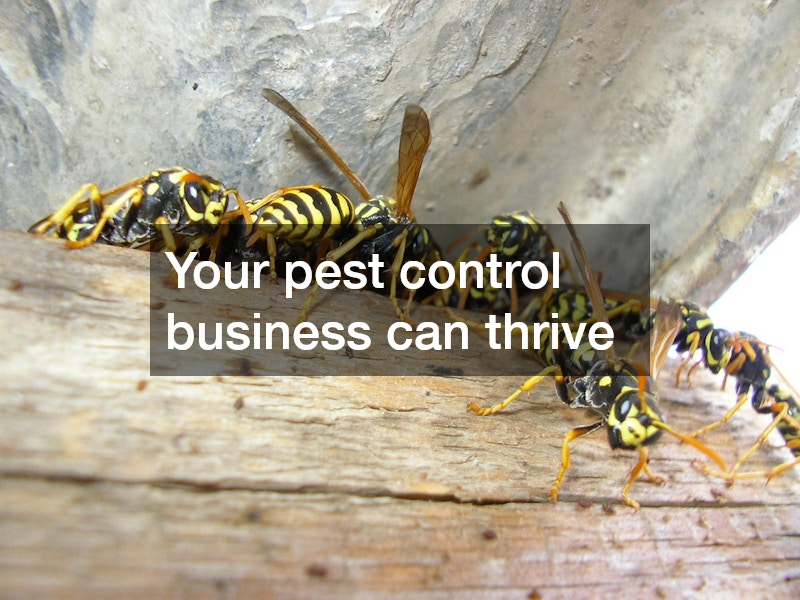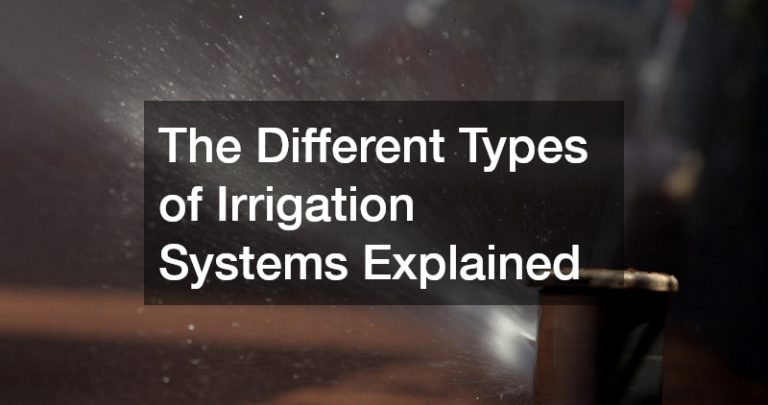Explore the essential steps and strategies to successfully launch a local pest control business in your area. Establishing your pest control business locally requires meticulous planning and execution to gain a competitive edge and serve your community effectively. By understanding the intricacies of the industry, you can seize opportunities and overcome challenges that may arise along the way.
Research and Planning
Understand the importance of conducting market research, identifying your target audience, and creating a solid business plan to ensure a strong foundation for your pest control business. Analyzing the local pest control market trends and customer needs can provide valuable insights that guide your strategic direction.
Additionally, differentiating your services by focusing on eco-friendly pest control solutions can tap into the growing demand for sustainable practices.
Research plays a pivotal role in recognizing gaps in the market and allowing you to tailor services to meet specific customer demands effectively. Defining your target audience involves understanding geographical demographics, common pest issues in the area, and potential competitors. Your business plan should encompass clear objectives, financial projections, and contingency strategies to mitigate risks.
Setting realistic goals and timelines for reaching various milestones assists in monitoring progress and making informed adjustments. Identifying resources required for a startup, such as equipment and skilled personnel, and planning for operational costs is crucial. Establishing a unique brand identity, which resonates with your target audience, will be instrumental in distinguishing your business among competitors.
Licensing and Certification
Navigate the various licensing and certification requirements necessary to operate legally, including the local, state, and federal regulations specific to pest control businesses. Ensuring compliance with these regulations is fundamental for building trust with customers and maintaining operational integrity. Each state may have distinct licensing procedures and continuing education requirements for pest control operators.
Understanding regulatory standards and adhering to them diligently is not only a legal obligation but also enhances your credibility within the industry. Obtaining necessary certifications may involve specific training programs and exams that verify your expertise. These credentials assure clients of your professionalism and commitment to service quality.
Regulations also cover aspects such as the safe handling and application of pesticides, emphasizing the need for specialized training. Staying abreast of legislative changes and updates ensures ongoing compliance and prevents potential legal repercussions. Establishing relationships with regulatory bodies and seeking advice from industry associations can be beneficial in navigating the complex regulatory landscape.
Local Marketing Strategies
Learn about the most effective local marketing techniques, such as digital marketing, community engagement, and building partnerships with local businesses to promote your pest control services. Digital marketing strategies like search engine optimization and social media engagement can significantly enhance your online presence and reach. Collaborating with local enterprises can create symbiotic relationships that improve brand visibility and client reach.
Engaging with the community through sponsorships, local events, and informational workshops can establish your business as a trusted local entity. Positioning your pest control services as solutions to common pest issues prevalent in the community further solidifies your relevance. Word-of-mouth referrals and positive online reviews contribute significantly to building a reputation and attracting new customers.
Utilizing local advertising channels such as newspapers, radio, and community boards can trigger interest among potential clients. Crafting a compelling value proposition differentiates your services from competitors and resonates with prospective customers. Regular analysis of marketing campaigns helps in refining strategies and optimizing investments for maximum impact.
Summarize the key points and reiterate the importance of proper planning, compliance, and effective marketing in launching a successful local pest control business. Detailed research and a robust business plan lay the groundwork for a competitive advantage in the local market. Adhering to legal requirements and obtaining certifications establishes a reliable service operation, while strategic marketing ensures consistent growth and community engagement.
By addressing the unique needs of the local market and maintaining high service standards, your pest control business can thrive and gain a loyal customer base. Embracing sustainability and customer-centric practices adds value and fosters trust among environmentally conscious clients. Continuously evolving and adapting to market changes will sustain your business’s success over the long term.
Launching a pest control business locally is a journey that, when approached strategically, can be both rewarding and impactful. By integrating comprehensive research, legal compliance, and innovative marketing techniques, your business can establish a strong foothold and contribute positively to the community’s well-being.
.






